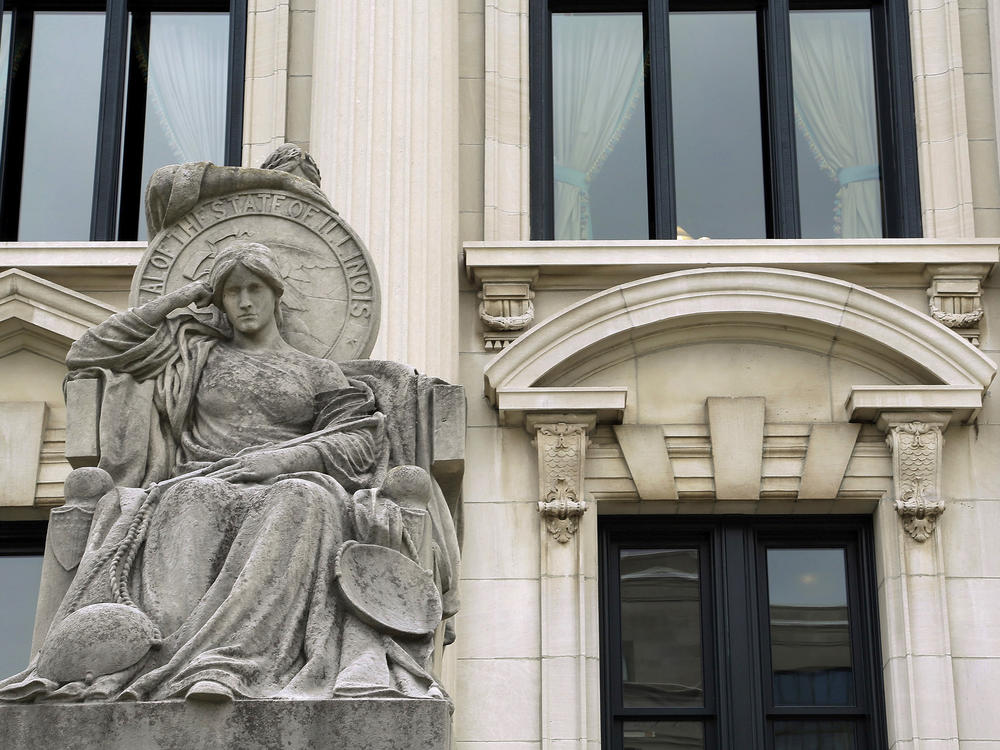Section Branding
Header Content
Illinois Supreme Court rules in favor of ending the state's cash bail system
Primary Content
The Illinois Supreme Court has ruled in favor of eliminating the state's cash bail system, ending bail as a condition of pretrial release.
In a 5-2 ruling Tuesday, the state's highest court overturned a ruling from an Illinois judge last December that a new state law to end cash bail was deemed unconstitutional.
"Someone's experience with the criminal justice system should not vary based on their income level," state Attorney General Kwame Raoul said. "The law ensures that the decision about whether people are detained pending trial is not based on whether they can afford to pay for their release."
Under the new law, judges across Illinois will not require those charged with a crime to post bail in order to leave jail while they await trial. However, those who are considered to be a threat to the public or are likely to flee will be required to stay in jail.
The state's Supreme Court said the law will go into effect across the state starting in September.
"The Illinois Constitution of 1970 does not mandate that monetary bail is the only means to ensure criminal defendants appear for trials or the only means to protect the public," Justice Mary Jane Theis wrote in the ruling.
Justices David Overstreet and Lisa Holder White both dissented from the ruling, calling the end to the state's cash bail a "direct violation of the plain language of our constitution's bill of rights."
The elimination of cash bail was previously set to go into effect on Jan. 1, 2023, but was placed on hold as the state Supreme Court heard an appeal filed by Illinois Attorney General Kwame Raoul's office.
The state's bail system was a controversial condition of the Safety, Accountability, Fairness and Equity-Today (or SAFE-T) Act, a statute enacted two years ago that made a number of changes to Illinois' criminal justice system. The SAFE-T Act was introduced after the murder of George Floyd at the hands of Minneapolis police.
Illinois Gov. JB Pritzker praised the high court's decision, saying he is looking forward to this transition to a "more equitable and just Illinois."
But the Illinois Fraternal Order of Police, which opposed the law eliminating cash bail, called the ruling a "slap in the face to those who enforce our laws and the people those laws are supposed to protect."
"The court ignored the pleas of nearly every prosecutor in the state of Illinois, Democrat and Republican, that the elimination of cash bail will put dangerous criminals back on the street, instead of keeping them in jail or forcing them to post cash bail as they await trial," the group said.
Copyright 2023 NPR. To see more, visit https://www.npr.org.

